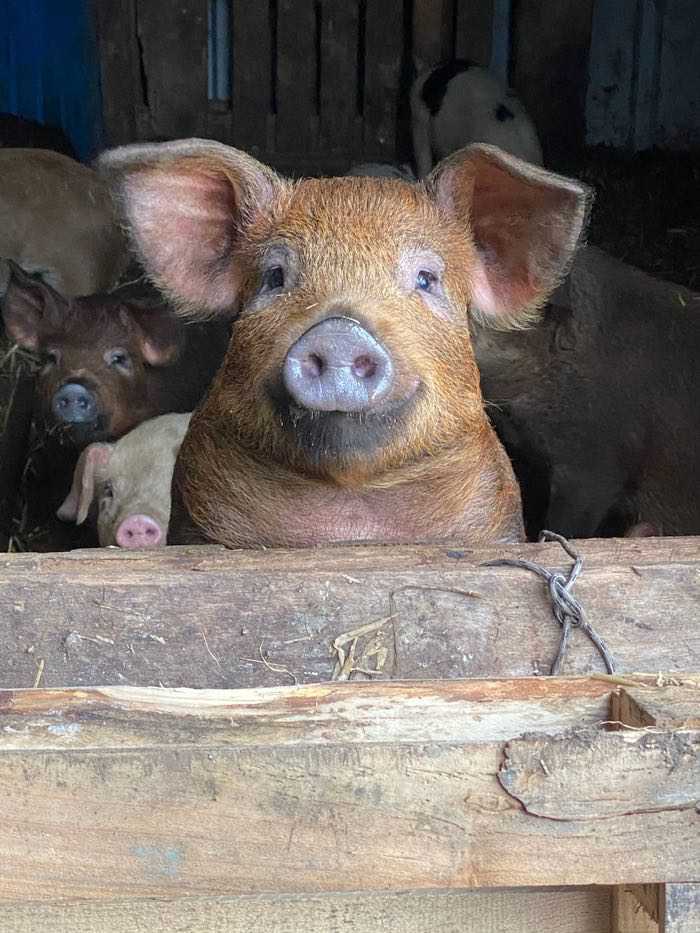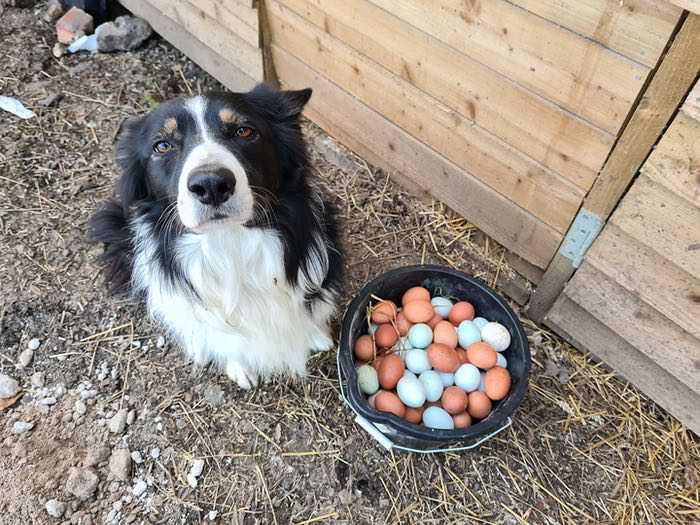Winner of 2025 Alcester Food Festival Sustainability Award
We are delighted to receive the Sustainability Award at the Alcester Food Festival! This recognition means the world to our family and team because it celebrates the years of hard, earnest work we pour into caring for our animals, nurturing the soil, and producing wholesome food you can trust. From adopting regenerative grazing practices to minimising waste across the farm, every decision we make is driven by our commitment to leave the land healthier for the next generation. Thank you to the festival organisers, LEAF, and—most of all—our loyal customers and local community for believing in what we do and sharing this journey toward truly sustainable farming.
Our Core Values.
What’s truly important to us as an organisation. These are not values that change from time to time, situation to situation or person to person; they are the underpinning of our farm and family business.
We believe in:
- Rediscovering traditional wisdom
- Harnessing nature
- Sensitive land management
- Caring and conscientious animal husbandry
- Precise processing and production standards
- Sustainability for our land and our planet
- Producing the highest quality natural and organic products.
We want to co-exist with our land rather than ravishing it.
- No unnecessary drugs
- No pesticides
- No hormones
- No additives
- No Genetically Modified inputs
This means your food will be:
- From non-stressed animals who have led a happy and balanced more natural life
- Not produced using irradiation,
- Not produced using industrial solvents
- Not produced using synthetic food additives.
We Practice and Advance Environmental Stewardship.
We wholeheartedly believe in active environmental stewardship so that the planet continues to flourish for generations to come. Working in harmony with nature, caring for our soil, water and air, and developing the tools and resources for growing nutritious food wherever the sun shines — can lead to a healthier, happier, and more sustainable future for all of us. We want to see a sustainable future where our children and grandchildren will be living in a world that values human creativity, diversity, and individual choice. We not only practice this but have helped other farmers become organic and go through the extensive conversion process and seek certification for such.
What is Organic Food?
Organic food is food produced by methods that comply with the standards of organic farming. Standards vary worldwide, but organic farming in general features practices that strive to cycle resources, and promote ecological balance. Organisations regulating organic products may restrict the use of certain pesticides and fertilizers in farming. In general, organic foods are also usually not processed using irradiation, industrial solvents or synthetic food additives. Currently, the European Union, the United States, Canada, Mexico, Japan, and many other countries require producers to obtain special certification in order to market food as organic within their borders. In the context of these regulations, organic food is produced in a way that complies with organic standards set by regional organizations, national governments and international organizations. Although the produce of kitchen gardens may be organic, selling food with an organic label is regulated by governmental food safety authorities, such as the US Department of Agriculture (USDA) or European Commission (EC).
10 Reasons to Eat Organic.
1. Protect your children. Children’s growing brains and bodies are far more susceptible to toxins than adults. Choosing organic helps feed their bodies without the exposure to pesticides and genetically-modified organisms.
2. Organic food is higher in nutrients than traditional foods. Research shows that organic produce is higher in vitamin C, antioxidants, and the minerals calcium, iron, chromium, and magnesium.
3. Buying organic helps reduce pollution in our drinking water. Less chemicals in the production of our food means less of a chance of polluting our ground and surface water. Organic farming is the best solution to the problem.
4. Organic food is more earth-supportive. Organic food production has been around for thousands of years and is the sustainable choice for the future. Compare that to modern agricultural practices that are destructive to the environment through widespread use of herbicides, pesticides, fungicides, and fertilisers and have resulted in drastic environmental damage in many parts of the world.
5. Organic food choices grown on small-scale organic farms help to ensure , that independent family farmers can create a livelihood. Consider it the domestic version of fair trade.
6. Most organic food simply tastes better than the pesticide-grown counterparts.
7. Organic food supports wildlife habitats. Even with responsible use of pesticides, wildlife is being harmed by exposure to these chemicals.
8. Choosing organic meat lessens your exposure to antibiotics, synthetic hormones, and drugs that find their way into the animals and ultimately into you.
9. Cut Pollution and Wasted Energy: More energy is used to produce synthetic fertilizers than to cultivate and harvest crops.
10. Food is your best medicine. Many of today’s illnesses can be traced back to improper eating habits, nutrient-poor food and chemicals in what we eat. Scientists have proven in many studies that organic food choices have far superior nutritional quality than conventional food choices. Studies have also shown a link between foods grown with pesticides, and diseases and deaths for humans and animals.
With all that in mind, the choice seems clear: Choose Organic.
 Menu
Menu




















































